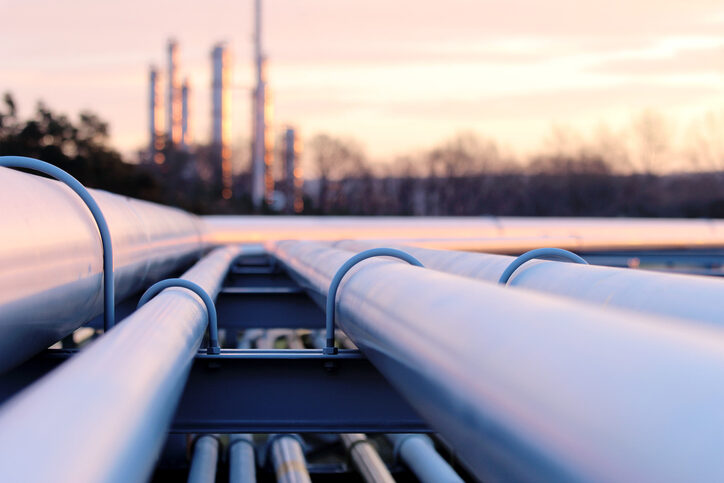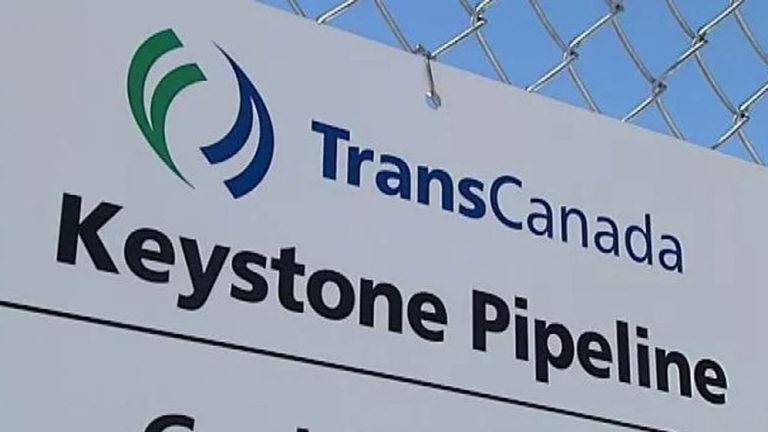Navigator Pipeline Canceled: What’s next for Carbon, Capture and Sequestration Technologies?
After intense push back from opposition groups, as well as South Dakota regulators’ rejection of the pipeline’s permit application, Navigator CO2 Ventures, a carbon, capture and sequestration technologies (CCS) company, has canceled its Heartland Greenway project. The project planned to install over 1,300 miles of pipelines to transfer carbon dioxide across the Midwest to sequestration areas to securely store the emissions under the ground. The cancellation of this major CCS pipeline has prompted questions about the viability of CCS projects and the pathway to implement them to decarbonize our nation’s energy industry.
Not only are CCS technologies an effective way to reduce emissions but the technology is also becoming a vital part of our nation’s infrastructure. The Department of Energy has said that CCS is key in avoiding the worst consequences of climate change, and has established a program to provide over three billion dollars in funding for regional direct air capture hubs.
It’s clear that adopting and implementing CCS technologies is a priority for the administration—and the energy industry—as many companies are planning on using the technology to decarbonize their own facilities. The biggest roadblock to approving CCS projects is the exhaustive permitting process, especially with multi-state projects, as laws vary significantly from state to state. As both the legal framework regulating CCS projects and state officials have little experience with this technology, there needs to be a streamlined process to accelerate the production of this technology.
The answer is simple: permitting reform needs to address these shortcomings. CCS technologies will be essential to our nation’s infrastructure. The energy industry, and its capital investments, is a main driver of CCS technologies, providing an opportunity to reduce emissions and bolstering production to secure our nation’s energy future.


